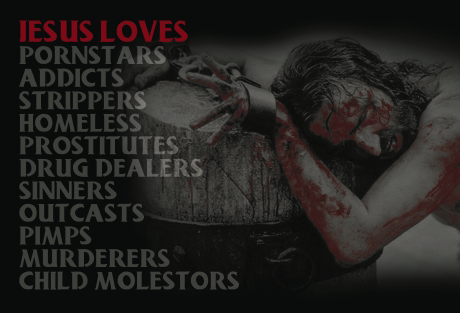 I’d join the movement
I’d join the movement
If there was one I could believe in
Yeah I’d break bread and wine
If there was a church I could receive in
‘Cause I need it now
To take the cup
To fill it up
To drink it slow
I can’t let you go
I must be an acrobat
To talk like this
And act like that
– U2, Acrobat
I was talking with some friends tonight, and we got on to opening up about the contradictions we live with inside ourselves, how we can appear all righteous on the outside but have the darkest of thoughts on the inside. And they can happen from one minute to the next.
I am amazed often by my own contradictions. I can be incredibly loving to someone, and then minutes later have thoughts that are so selfish I wonder where they come from. I can relate to the acrobat in the song quoted above, talking like this and acting like that. I know my own hypocrisy, how I appear to so many people, but how I at times feel like a fraud. There’s that voice inside me that tells me that a genuine person would never have thoughts that are that egotistical. It’s the voice that says you’re never really good enough.








